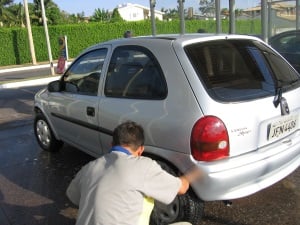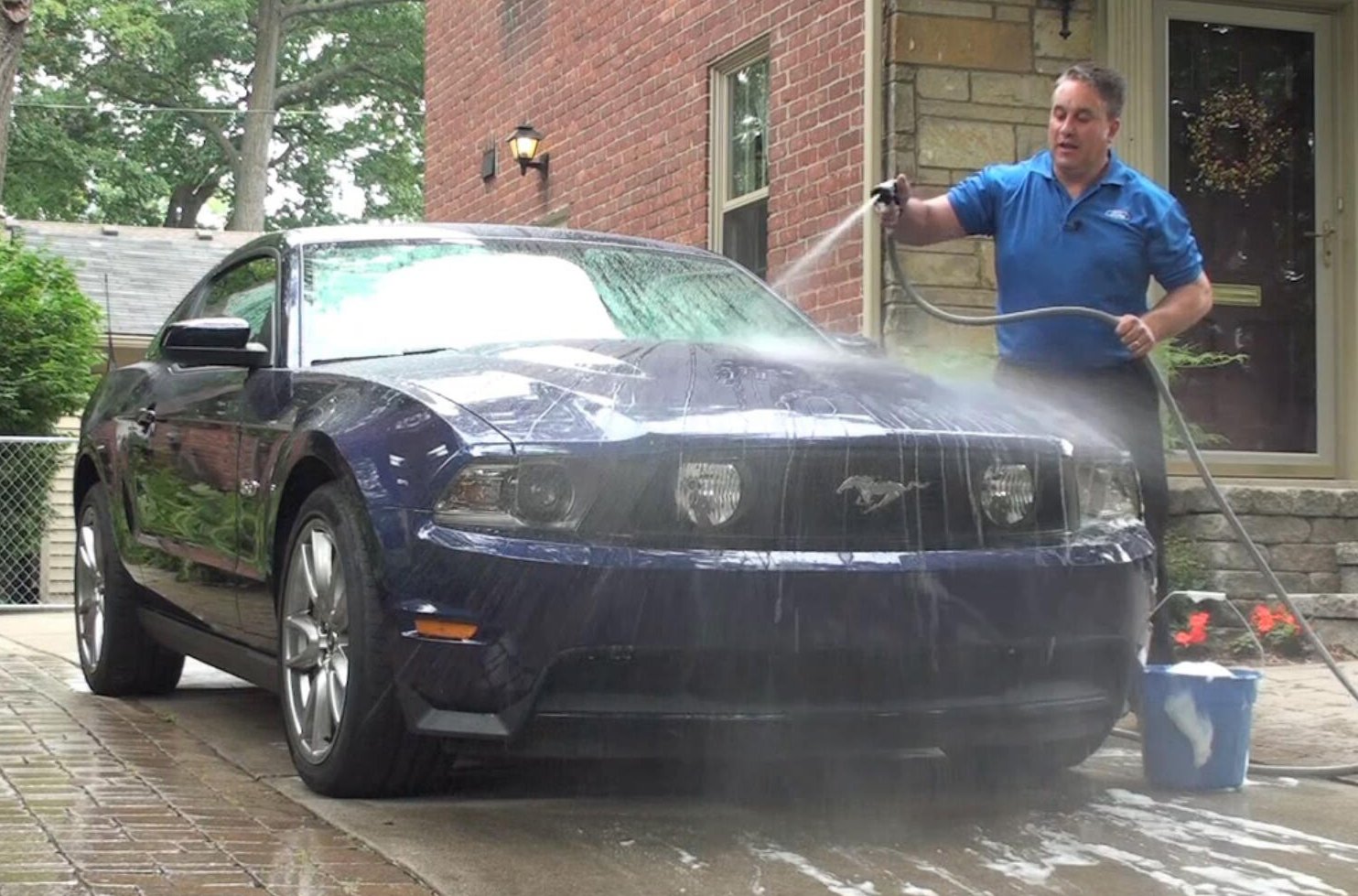Wait! Should you buy a used car? Check out these signs you shouldn't.
It’s well established that buying a new car does not make financial sense. You spend $25,000 on the car and then see its value drop 25% as soon as...

A follow-up to our previous blog entry on things to look for when shopping for a used car. Buying a used car is always a better financial decision than buying a new one, but only if you can find one of the good reliable used cars. Those will last you forever (if you take care of them) and cost you thousands less because you’ve let someone else endure the price depreciation that happens with all new cars. Lots of people, however, get scared off of used cars because they think every used car is a ticking time bomb of repair bills. That’s just simply not the case.
But how do you find one that’s not? Here are some more things to look for when you buy a used car.
 This is one that we all think we understand like it’s so obvious. Why would you buy something that’s been in a wreck? But lots of people do just that because they don’t know what to look for, or they considered it such an “obvious” consideration that they didn’t think to even look for signs of the “obvious”.
This is one that we all think we understand like it’s so obvious. Why would you buy something that’s been in a wreck? But lots of people do just that because they don’t know what to look for, or they considered it such an “obvious” consideration that they didn’t think to even look for signs of the “obvious”.
This is where that complete mechanical inspection comes in. Your mechanic is going to be to tell if the frame has been repaired or if there’s some other clear sign that the used car before you is an accident survivor. If you get sucked into such a purchase, you’ve got the potential for lots of little things to go wrong over time – wires could stop functioning because they got damaged from the accident, or the tire wear could be uneven because the frame stopped being intact at one time. Your mechanic will give you good advice in this respect.
Another category where you’d think it was obvious, but one where people overlook stuff right before their eyes. You may not be qualified to visually identify a repaired frame, but if you see something on the outside that looks bad, there’s no telling what else is going on with the car that’s more serious.
Just like with the lack of repair records, visible signs of neglect are a red flag that this person may not have taken good care of the car. And pay attention to the combination of dings on the outside and a dirty or stinky interior. Look, we understand that cars get dinged all the time. So a simple dent isn’t an automatic iron-clad verdict of “bad car parent”. But if the interior is also in bad shape, that’s a pretty good sign that the soon-to-be previous owner didn’t care that much about the important stuff, either.
Your mechanic is going to look at the condition of important fluids for clues as to whether the car has been properly maintained or not. They’ll look at the oil. Now, you can look at the oil, but you have to remember that simply looking black doesn’t mean the oil is bad. It means the oil has been doing its job. Your mechanic knows this and will be looking at other aspects of the oil, like if it feels gritty. Black oil isn’t a problem but gritty oil definitely is. Someone who changes the oil on schedule won’t have gritty oil.
The mechanic will also check the transmission fluid. If it smells burnt or is the “wrong color”, that’s a definite sign the car hasn’t been taken care of. You don’t want to pay money to take that problem on.
There are lots of great used cars out there, being sold by lots of honest, hard-working folks. Hopefully, some of these suggestions will enable you to steer clear of the problems and steer into the seat of your next great family car.

It’s well established that buying a new car does not make financial sense. You spend $25,000 on the car and then see its value drop 25% as soon as...

Okay, you really can't make your car last forever. But more and more people are moving away from the cycle of buying or leasing new vehicles every...

People get skittish around things they’re not familiar with. And they get especially nervous in situations where they sense there’s a chance they...